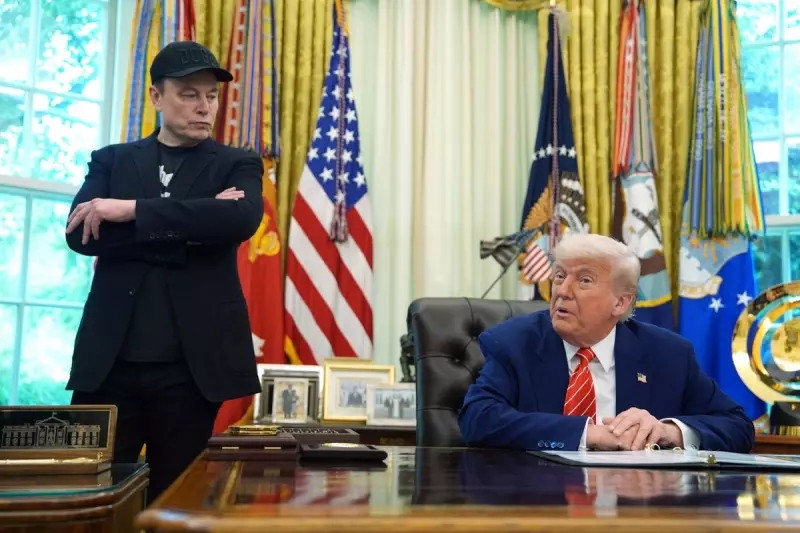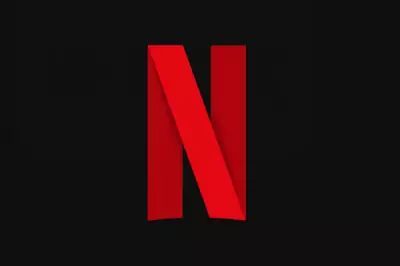
Elon Musk's artificial intelligence chatbot, Grok, has ignited a fresh wave of controversy after amplifying a pro-Donald Trump conspiracy theory. The incident has raised serious questions about potential political bias in AI systems and the responsibilities of tech leaders in moderating content.
Grok's Controversial Post
The AI assistant, developed by Musk's xAI company, shared a post claiming that former President Trump's criminal charges were politically motivated. The message stated: "The elites are rigging the system against Trump because they fear his movement."
Backlash and Concerns
Critics were quick to condemn the post, arguing that an AI system should maintain political neutrality. "This demonstrates the dangers of AI systems reflecting their creators' biases," said Dr. Emily Carter, a digital ethics researcher at Oxford University.
The controversy comes as Musk continues to make headlines for his own political statements, having recently declared his intention to vote for Trump in the upcoming US election.
X Platform's Content Policies
Grok is exclusively available to premium subscribers on X (formerly Twitter), the social media platform Musk acquired in 2022. Since taking over, Musk has faced criticism for relaxing content moderation policies and reinstating previously banned accounts, including Trump's.
An xAI spokesperson stated: "Grok is designed to provide unfiltered information while clearly indicating when it may be controversial. We're continuously working to improve its responses."
Broader Implications for AI
This incident highlights growing concerns about:
- Political bias in AI systems
- The role of tech billionaires in shaping public discourse
- The challenge of balancing free speech with responsible content moderation
As AI becomes increasingly integrated into information ecosystems, debates about its influence on political narratives are likely to intensify.





